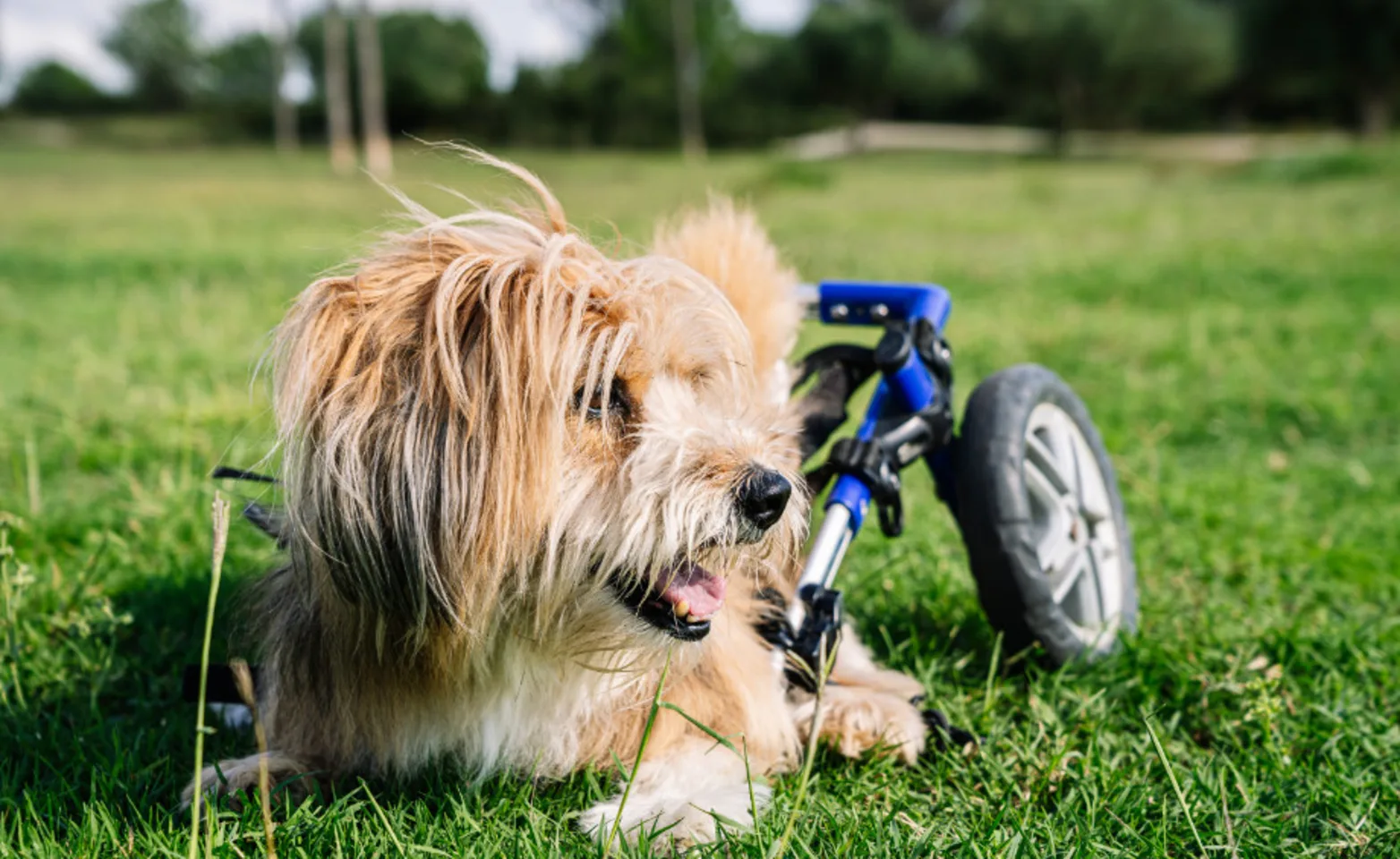Animal Hospital of Park Glen

Diagnostics & Hospitalization

Our Quality Pet Care
Our team of veterinarians and veterinary technicians will communicate with you frequently to update you on your pet’s care, demeanor, response to treatment, expected discharge day, and fees as they incur. Our goal is to be proactive in our communication with pet parents to allow them the opportunity to stay abreast of their pet’s care. At any time during your pet’s hospital stay, you may contact us to check on your pet. We welcome and encourage your calls.
Often time’s pet parents wish to visit with their hospitalized family member. If you wish to visit your pet, please ask one of our healthcare team members to check with the attending veterinarian. There are only a few instances, for example, a pet that is hospitalized for a contagious disease, where we will not be able to accommodate this request. We appreciate your understanding.
Thank you for allowing us the opportunity to care for your beloved pet.
Diagnostics
Digital radiography
Our facilities provide on-site, state-of-the-art, digital radiography to aid in the quick diagnosis of many disorders and ailments. As an added benefit to our clients and patients, we utilize the expertise of our staff veterinarians as well as Board Certified Veterinary Radiologists for radiograph interpretation.
Ultrasound
A safe, non-invasive, painless diagnostic imaging tool used to examine a pet’s internal organs without having to resort to exploratory surgery. With ultrasound, a veterinarian can observe and study how an organ or process is functioning versus relying completely on a single point-in-time picture (x-ray). As an added benefit to our clients and patients, we utilize the expertise of our staff veterinarians as well as Board Certified Veterinary Radiologists for ultrasound interpretation.
Electrocardiography (ECG) services
An ECG is a test used to measure the rate and regularity of a pet’s heartbeat, assess heart damage and determine size and position of the heart chambers. ECG is a non-invasive, painless procedure that when paired with radiographs, ultrasound, and/or blood work can assist the veterinarian with diagnosing a pet’s heart condition. Our hospitals provide ECG services as well as consultations with veterinary cardiology specialists.
Telemedicine
Like in human medicine, the advances in veterinary care over the years have been astounding. Why do veterinarians utilize telemedicine capabilities? Our veterinarians feel that the best medicine is practiced by utilizing the expertise and support of veterinary specialists. We feel that this level of care is the best for our patients and the families that love them. Board-certified veterinary specialists spend an additional 3-4 years in advanced training to become Board certified in a specific specialty. Due to how economical and exceptional of a service these specialists provide, our veterinarians feel it would be an injustice to not enable our patients to benefit from their knowledge and expertise.

Hospitalization
During your pet’s lifetime, they may require hospitalization to receive treatment for an illness, be isolated from other animals, restrict their mobility, or recover from surgery. When an event like this happens, the veterinarians and support staff at Alliance Animal Health Center and Animal Hospital of Park Glen are here to provide your pet with exceptional, personalized, dedicated care. In addition, we are here to provide pet parents with the peace of mind that they need during a stressful time.
Our on-site laboratory, reference laboratories, and advanced diagnostic capabilities offer prompt results to allow for immediate medical intervention and treatment. Our intensive care equipment and isolation facilities allow us to treat many of the diseases and ailments that can afflict your beloved pet.
What you might expect should your pet be hospitalized:
Presentation of a treatment plan with the expectation of initial charges (examination, diagnostics, etc). Please note that length of hospitalization stay varies upon diagnosis and each individual pet’s response to treatment
Close monitoring of the patient's vital signs, food/fluid intake, urination, and defecation by our veterinarians and veterinary technicians
Intravenous catheter placement (area of one or multiple legs may be shaved)
Administration of intravenous fluids
Administration of medications through injection
Medications and/or special diet recommendations upon patient discharge
Visitation opportunities (see below)
Frequent calls from our team to provide updates on your pet
